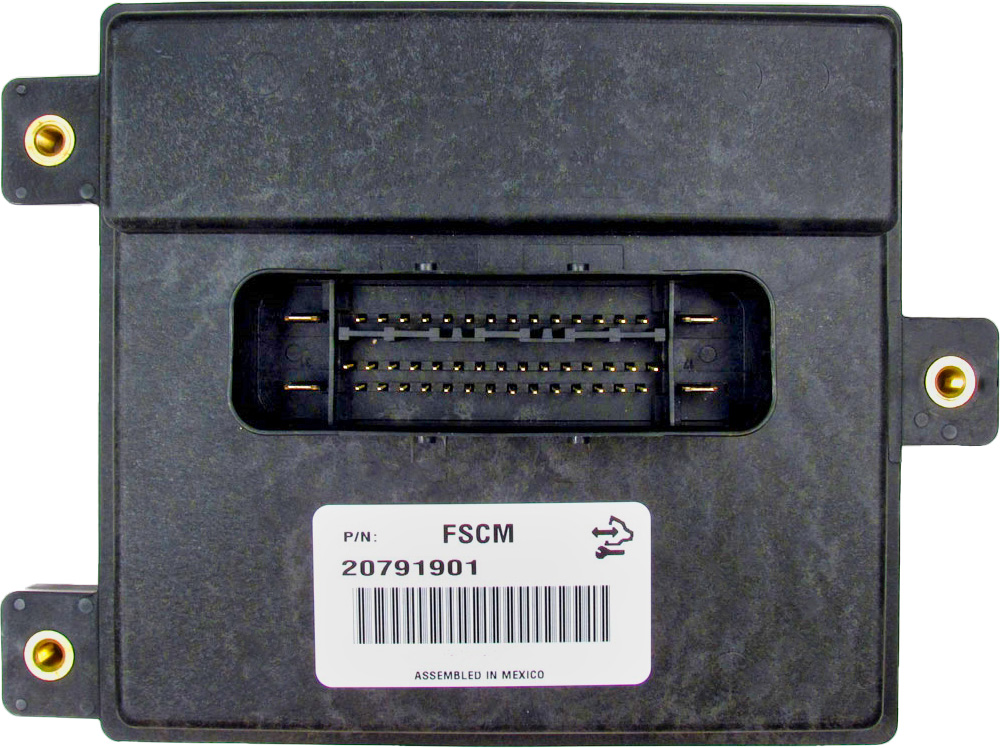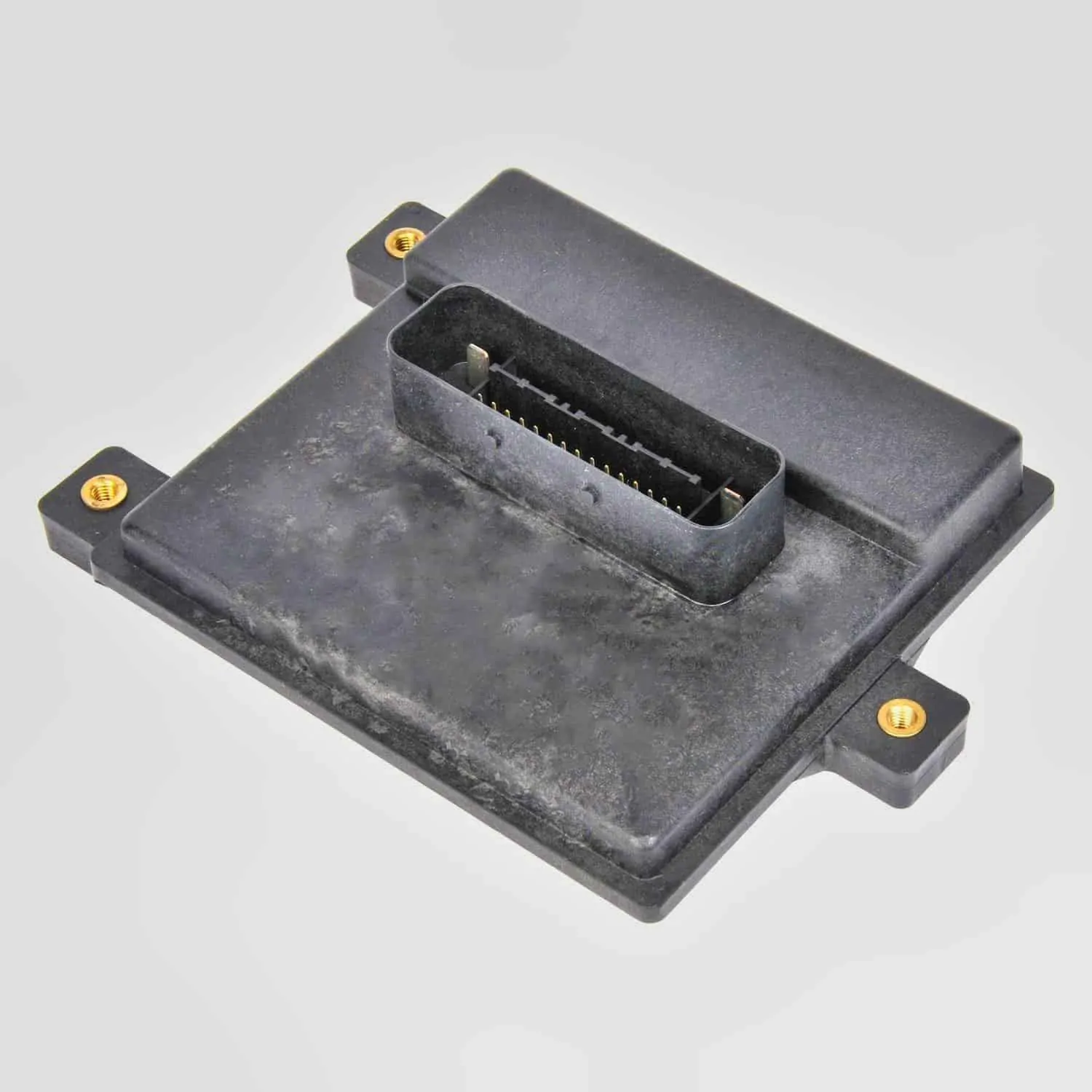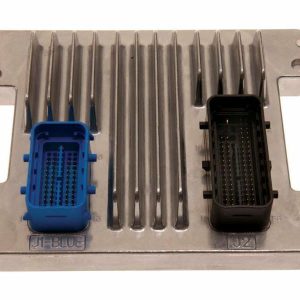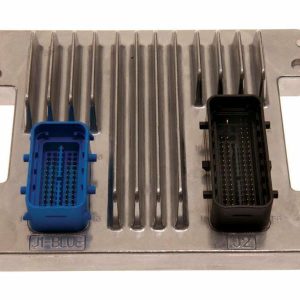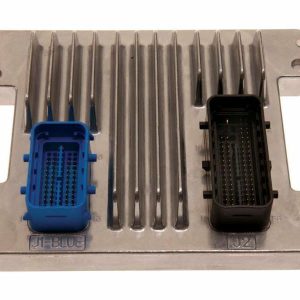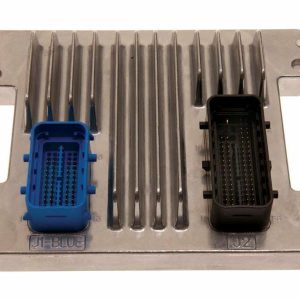Is Your GM Truck or SUV Stalling, Hesitating, or Showing a ‘Reduced Engine Power’ Warning?
Nothing is more frustrating or stressful than a vehicle you can’t rely on. If you’re experiencing sudden engine stalls, stumbling on acceleration, a check engine light, or a no-start condition, a failing Fuel Pump Control Module (FPCM) is the most likely culprit. This critical component regulates the voltage to your fuel pump, and when it fails, it starves your engine of the fuel it needs to run properly. Don’t let a small module leave you stranded. This is the simple, reliable fix that gets you back on the road with confidence.
Common Symptoms & Your Direct-Fit Solution
A faulty FPCM can mimic a bad fuel pump, leading to expensive misdiagnoses. Before you consider replacing the entire in-tank pump assembly, check for these tell-tale signs of a module failure. This Programmed 20850907 Fuel Pump Control Module is the definitive solution for these issues and related diagnostic trouble codes (DTCs) like P069E, P0230, P0606, and U0109.
- ✔ Completely Plug & Play: We professionally flash this module with the latest GM software using your vehicle’s VIN. It arrives ready for installation with no expensive trip to the dealership required.
- ✔ Restores Engine Performance: By delivering precise voltage to the fuel pump, this module eliminates hesitation, rough idling, and stalling, restoring the smooth and reliable performance you expect.
- ✔ Solves Common Warning Lights: Correctly addresses nagging ‘Check Engine,’ ‘Service Stabilitrak,’ and ‘Reduced Engine Power’ warnings related to fuel system voltage faults.
- ✔ Direct OEM Compatibility: Engineered to meet and exceed original equipment specifications for a perfect fit and flawless operation across a wide range of GM vehicles.
- ✔ Built for Durability: Designed to withstand the harsh conditions of being mounted on the vehicle’s frame, offering a dependable, long-term solution.
- ✔ Peace of Mind Included: This unit is backed by our one-year replacement warranty.
An Expert Technician’s Tip: Don’t Replace the Pump First!
Over my 20 years turning wrenches, I’ve seen countless customers spend $500 or more to have their in-tank fuel pump replaced, only to have the exact same stalling problem return a week later. The issue, especially on these GM platforms, is often this control module. It’s exposed to heat, water, and road salt on the frame rail, causing internal corrosion and failure. Replacing this module first is a smarter, more cost-effective diagnostic step that often solves the problem for a fraction of the cost.
By purchasing this Programmed 20850907 Fuel Pump Control Module, you are not just buying a part; you are buying a solution. We handle the complex programming so you can perform a simple, straightforward installation. Just provide your VIN at checkout, and we’ll handle the rest. Get your truck or SUV running right again.
Frequently Asked Questions
Do I need to get this programmed by a dealer?
Absolutely not. That’s the primary benefit of our service. We pre-program the module to your vehicle’s specific VIN before we ship it. This makes it a true plug-and-play part, saving you the time, cost, and hassle of a dealership visit.
Where is this module located on my vehicle?
Location varies slightly by model. On most GM trucks and full-size SUVs (like the Sierra, Silverado, Tahoe, Yukon), it’s mounted on the driver’s side frame rail, often above the spare tire. On crossovers (like the Acadia, Traverse), it’s typically on a rear crossmember. A quick search for your specific model will yield exact location diagrams.
What information do you need from me?
After you complete your purchase, you will need to provide us with your vehicle’s 17-digit Vehicle Identification Number (VIN). This is essential for us to load the correct software and ensure perfect compatibility.
How do I know if this part is compatible with my vehicle?
Please check the comprehensive compatibility list provided in this listing. This module replaces several part numbers, including 13501024, 20759945, and 25967325, among others. Matching your vehicle and original part number to our list is the best way to confirm fitment.
What happens if I don’t replace a failing FPCM?
A failing FPCM will lead to progressively worse symptoms. It can start with intermittent hesitation and evolve into frequent stalling, long crank times, and eventually a complete no-start condition, potentially leaving you stranded. It can also cause premature wear on your fuel pump.
